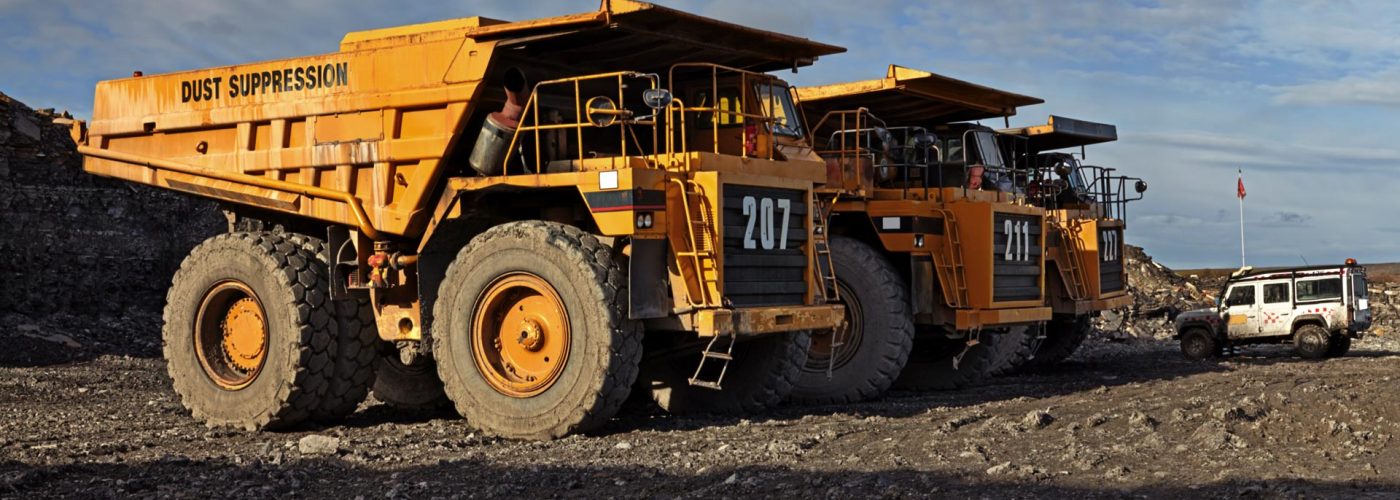Are you struggling to improve the efficiency and productivity of your fleet operations?
Do the challenges of synchronizing machinery and ensuring precision in construction projects seem overwhelming?
Advanced machine control technologies can fundamentally transform how you manage and optimize your fleet, offering precision and efficiency that was once unimaginable.
Understanding Machine Control
What is Machine Control?
Machine control refers to the process of managing and guiding construction equipment using modern technology to achieve precise outcomes in various construction tasks.
It employs a combination of hardware and software tools, including GPS, sensors, and data analytics, to monitor and control machinery operations.
By minimizing human error and increasing accuracy, machine control helps in achieving superior results on construction sites.
Types of Machine Control Solutions
Machine control solutions can be broadly categorized into several types:
– 2D Machine Control: This includes basic functionalities such as leveling and grading, suitable for simpler, smaller-scale projects.
– 3D Machine Control: Offers advanced capabilities using GPS technology for comprehensive control over complex tasks requiring high precision.
– Integrated Machine Control: Combines multiple technologies to manage diverse construction aspects, providing a robust overall solution.
Each type of machine control solution is designed to cater to specific needs and project requirements, thus allowing businesses to select the best-fit technology for their operations.
Benefits of Machine Control Solutions
Enhanced Precision and Accuracy
One of the primary advantages of machine control solutions is the marked improvement in precision and accuracy.
With real-time data collection and processing, projects are executed with a higher degree of exactness, which significantly reduces errors and rework.
Precise machine control leads to better resource management and fewer mistakes, ultimately saving time and costs.
Improved Productivity
Machine control technologies streamline operations, thereby enhancing productivity.
Equipment operators can execute tasks more efficiently, and the reduced need for manual measurements and corrections frees up valuable resources.
The integration of machine control in your fleet management allows for optimal performance with minimal wastage.
Cost Efficiency
Investing in reliable machine control solutions can lead to significant cost savings over time.
By minimizing the need for intensive labor and reducing material wastage, projects stay within budget more easily.
Additionally, the decrease in downtime and maintenance expenses further drives down operational costs.
Environmental Benefits
Advanced machine control technologies contribute to sustainable construction practices.
Precise control over equipment minimizes fuel consumption and environmental impact.
By promoting efficient use of materials and reducing carbon emissions, machine control aligns with greener construction initiatives.
How to Implement Machine Control Solutions
Assessing Your Needs
Before implementing machine control solutions, it’s vital to evaluate the specific needs of your projects and fleet.
Consider the scale, complexity, and types of tasks involved to determine which machine control technologies align with your goals.
A customized approach ensures that the selected solution will effectively enhance your operational efficiency.
Selecting the Right Technology
Choosing the appropriate machine control solution involves analyzing various factors:
– Type of Machinery: Ensure compatibility with existing equipment.
– Project Scale: Opt for solutions that match the size and scope of your projects.
– Budget Constraints: Evaluate the cost-effectiveness of different options without compromising on essential features.
Ensuring alignment between your project requirements and the machine control technology is key to achieving optimal results.
Training and Support
Implementing new technologies necessitates adequate training and support for all stakeholders.
Providing comprehensive training sessions equips operators with the skills to utilize these solutions effectively.
Additionally, ongoing technical support ensures that any issues are quickly resolved, maintaining uninterrupted operations.
Challenges and Considerations
Initial Costs
While the long-term benefits are substantial, the initial costs of machine control systems can be prohibitive.
It’s important to balance the upfront investment with expected returns to justify the expenditure.
Exploring financing options or leasing plans can also aid in managing these initial costs.
Integration with Existing Systems
Integrating new technologies with existing systems can pose challenges.
Assessing compatibility and ensuring seamless transition is crucial to avoid disrupting operations.
A phased implementation approach, where new systems are gradually introduced, can alleviate integration issues.
Data Management
Effective data management is critical to leverage the full potential of machine control solutions.
Ensuring that collected data is accurately analyzed and utilized can significantly enhance decision-making processes.
Investing in robust data management systems helps in organizing and interpreting this valuable information.
Future Trends in Machine Control Solutions
Automation and AI
The future of machine control solutions lies in further automation and the integration of artificial intelligence.
AI-driven systems can predict equipment behavior and optimize performance without manual intervention.
This trend is set to redefine construction management, allowing for smarter and more efficient operations.
Real-Time Analytics
Real-time data analytics will continue to play a pivotal role in advancing machine control solutions.
Instant access to data and insights empowers decision-makers to make informed choices quickly, significantly impacting project timelines and outcomes.
Enhanced Connectivity
With the advent of the Internet of Things (IoT), connectivity between machines and systems is poised to enhance collaboration and efficiency.
Real-time communication across devices ensures a synchronized workflow and improved management of resources.
Conclusion
Optimizing your fleet with machine control solutions offers endless possibilities for improving efficiency, precision, and sustainability in construction projects.
Incorporating advanced technologies into your operations not only leads to cost savings and enhanced productivity but also aligns your practices with future trends in construction management.
By carefully selecting and implementing the right machine control solutions, businesses can position themselves at the forefront of industry innovation, ensuring long-term success and competitiveness in the marketplace.





